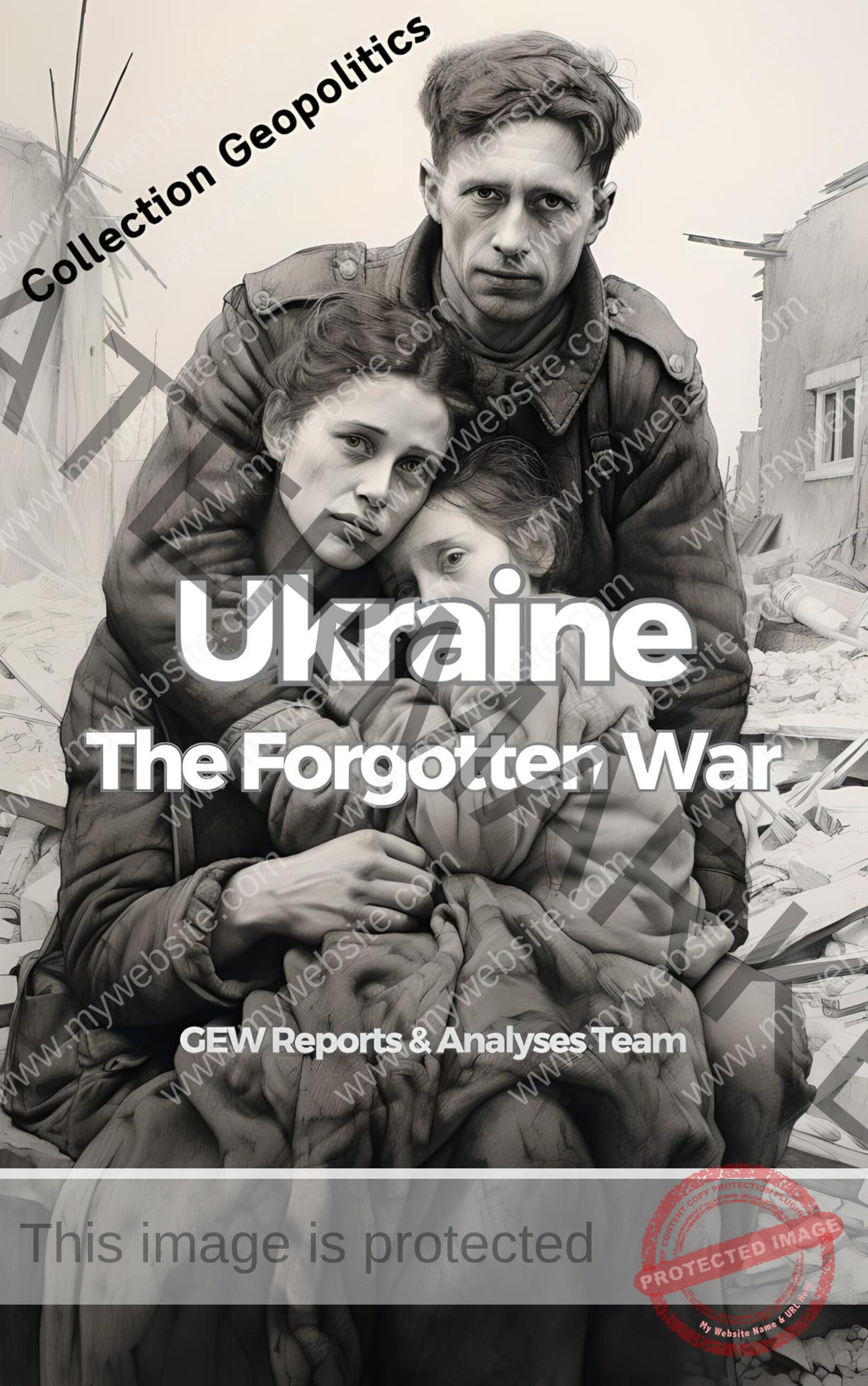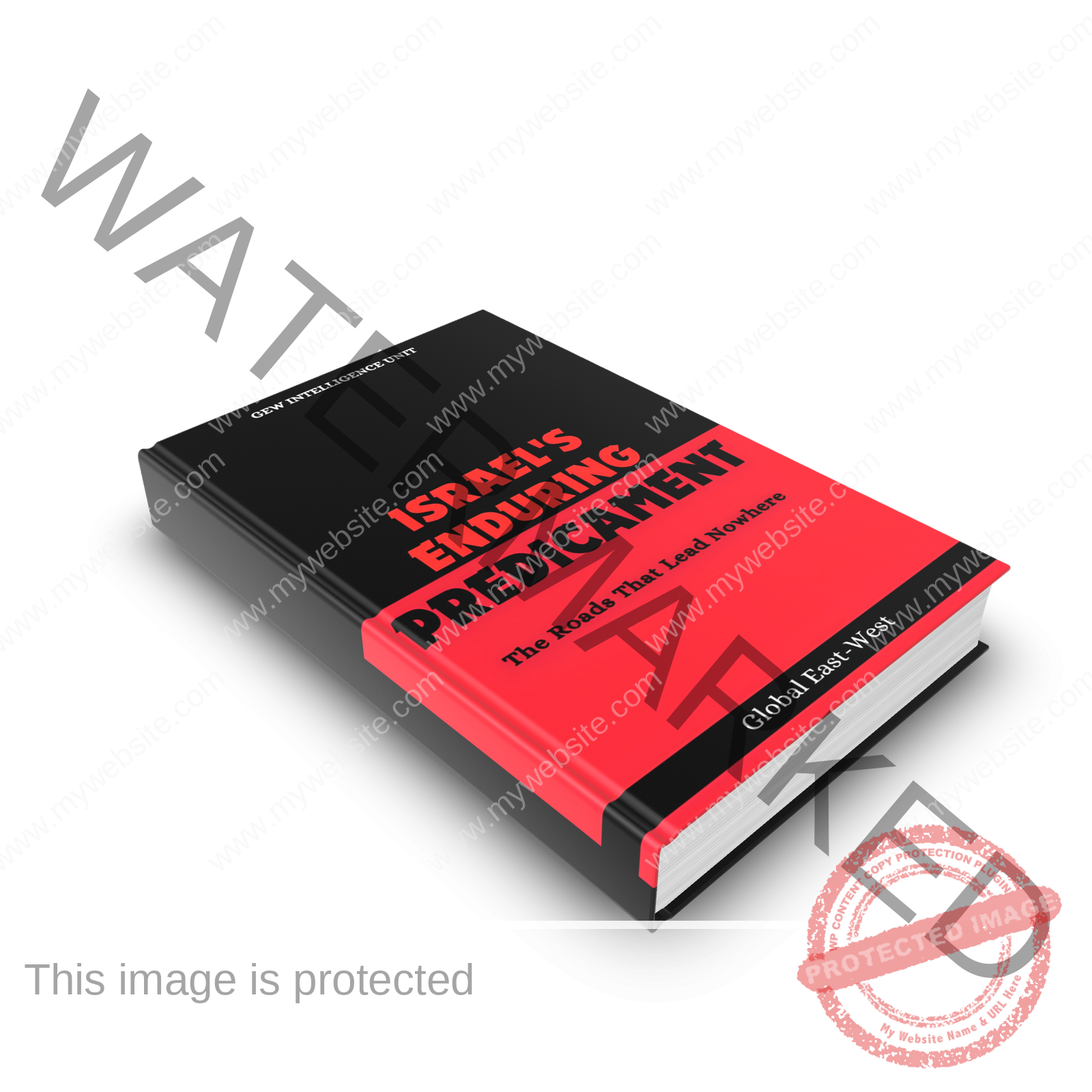GEW Briefing
In response to missile and drone attacks launched by Iran-backed Houthi rebels in Yemen, the Israeli Navy has deployed Sa\’ar 5 class missile corvettes in the Red Sea. The Israeli military announced the move as part of measures to improve defence in the area. The Israeli military is considering a reaction to the attacks and has raised the number of navy vessels available for security. The Sa\’ar 5s have radar systems and surface-to-air missiles but no anti-ballistic missile capability. With continued battles between Israel and Hezbollah in Lebanon and rising ground operations by Israel in Gaza, the situation remains tense. Iran\’s Foreign Minister has threatened \”harsh consequences\” if the Gaza attacks continue. Hamas has vowed to keep attacking Israel. The USA does not intend to stop the war or even consider a cease-fire. Is the fighting in Gaza likely to escalate into a regional conflict? Which countries would be taking part?
Analysis
Given the complexities and sensitivities of the Middle Eastern geopolitical scene, it is critical to tackle this subject with prudence. The situation described above comprises multiple actors with diverse interests and capabilities, making it very volatile and unpredictable. Based on the current situation, here is our analysis:
Factors to Consider:
1. Israeli Military Capabilities: The deployment of Sa\’ar 5 class missile corvettes in the Red Sea demonstrates Israel\’s intention to protect its interests and potentially deter Iranian-backed Houthi strikes. The lack of anti-ballistic missile capabilities, on the other hand, could be a constraint.
2. Iran\’s Involvement: Iran\’s support for Houthi rebels in Yemen and threats of \”harsh consequences\” show that it is a prominent actor. Its relationship with Hezbollah adds another degree of complication.
3. Hamas and Gaza: The current conflict in Gaza between Israel and Hamas is a distinct but linked issue. Any escalation in this area might potentially attract other regional actors.
4. Regional Players: Countries such as Saudi Arabia, the United Arab Emirates, and Egypt have vested interests in the stability of the Red Sea and the Middle East as a whole. Their involvement, if any, will be determined by how the scenario develops.
5. Global Powers: The United States, Russia, and China have strategic interests in the region as well. Their attitude may have an impact on the activities of regional players.
Possible Scenarios:
1. Limited Escalation: A limited escalation including targeted strikes and counter-strikes between Israel and Iranian-backed organisations is the most likely scenario. This may involve other actors, but it is unlikely to escalate into a full-fledged regional conflict.
2. Regional Involvement: If the situation deteriorates sufficiently, nations such as Saudi Arabia and the UAE, which oppose Iranian involvement in the region, may become engaged.
3. Global Diplomacy: International diplomatic measures may be able to prevent the crisis from worsening. The engagement of global powers such as the United States or Russia might serve as a stabilising influence or the opposite, depending on the objectives pursued and the degree of involvement.
4. Full-Scale Conflict: A full-scale regional conflict involving numerous countries is possible, however unlikely. This would be contingent on a sequence of forceful measures and diplomatic failures.
Final Thoughts:
The risk of the Gaza war escalating into a regional war is now low, but this might change quickly depending on the behaviour of the parties involved. Israel, Iran, Lebanon (Hezbollah), Saudi Arabia, the United Arab Emirates, and possibly Egypt might all be involved. Global powers such as the United States, Russia, and China are expected to play diplomatic roles in de-escalating the situation.
Note of the Editor: This analysis is based on the current available information and is subject to change as new developments occur.


